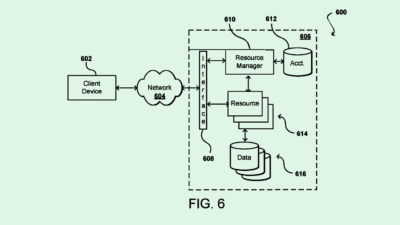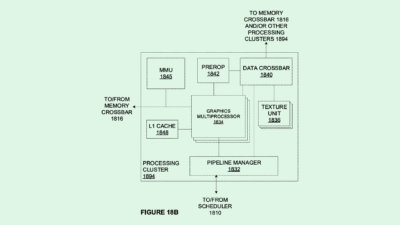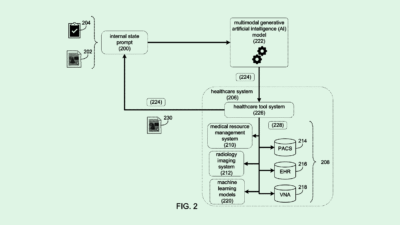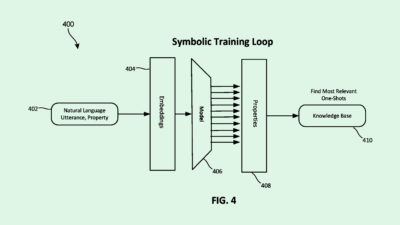Big Tech Conferences Highlight Commitment to Agentic AI
Information technology leaders want to give enterprises a “clear-cut path” to ROI.
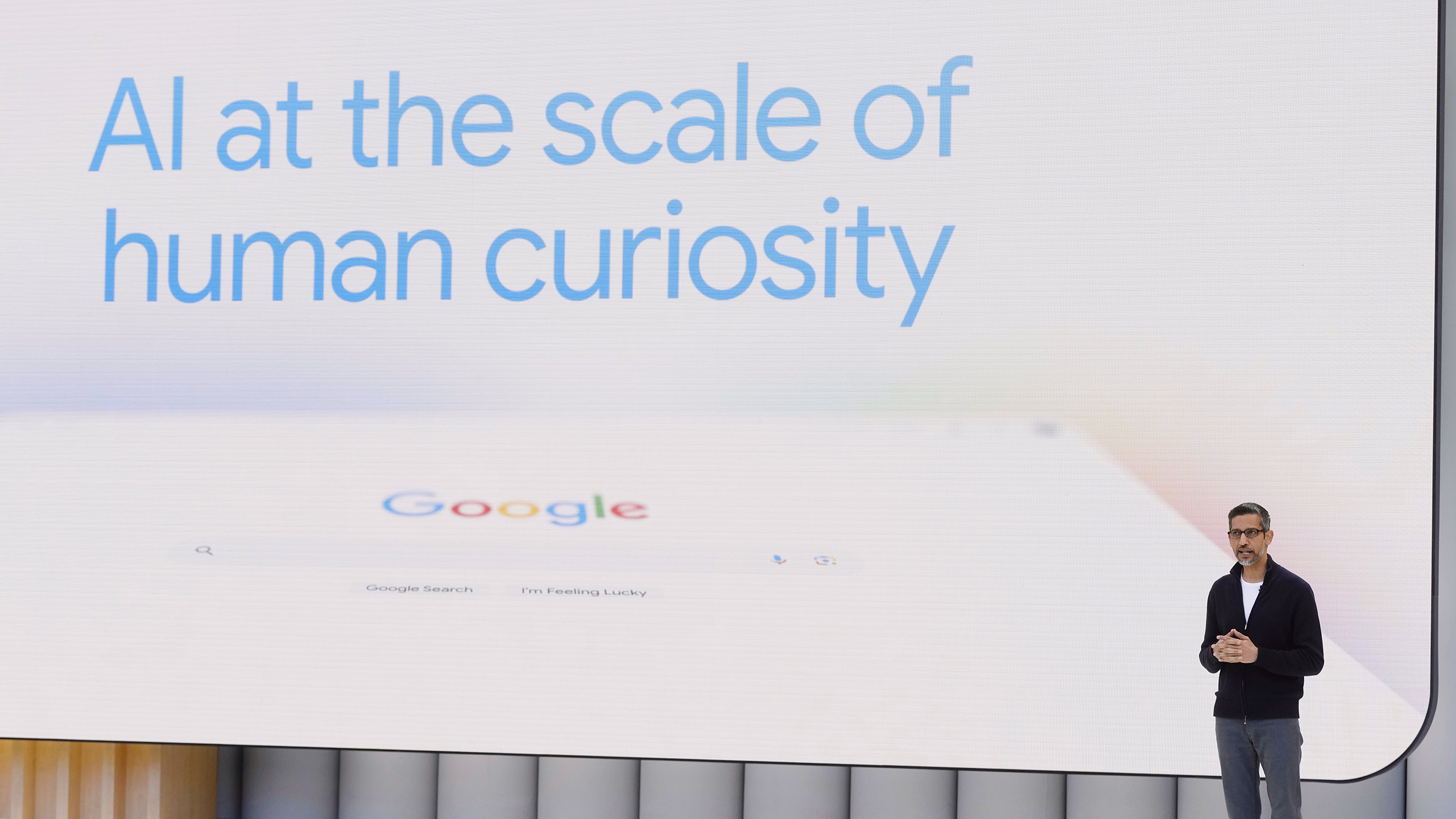
Sign up to get cutting-edge insights and deep dives into innovation and technology trends impacting CIOs and IT leaders.
Big Tech can’t contain its enthusiasm about agentic AI’s potential — both to simplify users’ lives and to speed up a return on developers’ massive investments.
In the latest example of the increasing hype, both Microsoft and Google announced additions to their agentic line-ups during their respective conferences in the past week.
At Google I/O, executives announced agents for both consumers and enterprises. On the consumer side, the company debuted “agent mode” for the Gemini app and revealed some updates to Project Mariner, an agent that can search the web for users and handle 10 simultaneous tasks. For enterprises, the company showed off Gemini 2.5’s coding capabilities and released a public beta for Jules, its coding agent that can fix bugs and write new features into a codebase.
Meanwhile, at Microsoft Build, the company announced new features for its own AI coding companion, Github Copilot, including an AI coding agent embedded directly into the platform that can fix bugs, add features and make documentation better. The company also added native Model Context Protocol into Windows, which is an open source standard introduced by Anthropic last year to allow agents to talk to other apps and models.
The interest in agents signals that Big Tech wants to give enterprises a “clear-cut path” to getting a return on their AI bets, said Brian Jackson, principal research director at Info-Tech Research Group. These companies have invested significant resources into building and funding foundational models, said Jackson, and with the investment in agents, may be recognizing that they need to “go a step further.”
“These vendors, they’re casting a vision of having AI employees working alongside human employees – not only just telling us how to do our jobs or advising us on what to do, but executing for us,” said Jackson.
Both Microsoft and Google have unique competitive edges, said Jackson:
- Google’s strength is in “owning the stack,” he said. Along with its proprietary large language model, Gemini, the company operates the DeepMind lab, which is consistently working on AI advancements.
- Microsoft’s Windows platform gives it a stronghold among enterprises, Jackson said, even though the partnership with OpenAI that once gave it an upper hand seems to be on the rocks.
“(Microsoft) just has a lot more institutional knowledge and experience delivering services and computing to the enterprise than Google does,” he said. “In that sense, Microsoft might be better positioned to help enterprises unlock the value of AI before Google can.”
While both firms introduced coding agents at their conferences, success is far from a given: OpenAI, Anthropic, Mistral and more are also staking their claim to that highly lucrative path for monetizing AI capabilities.

